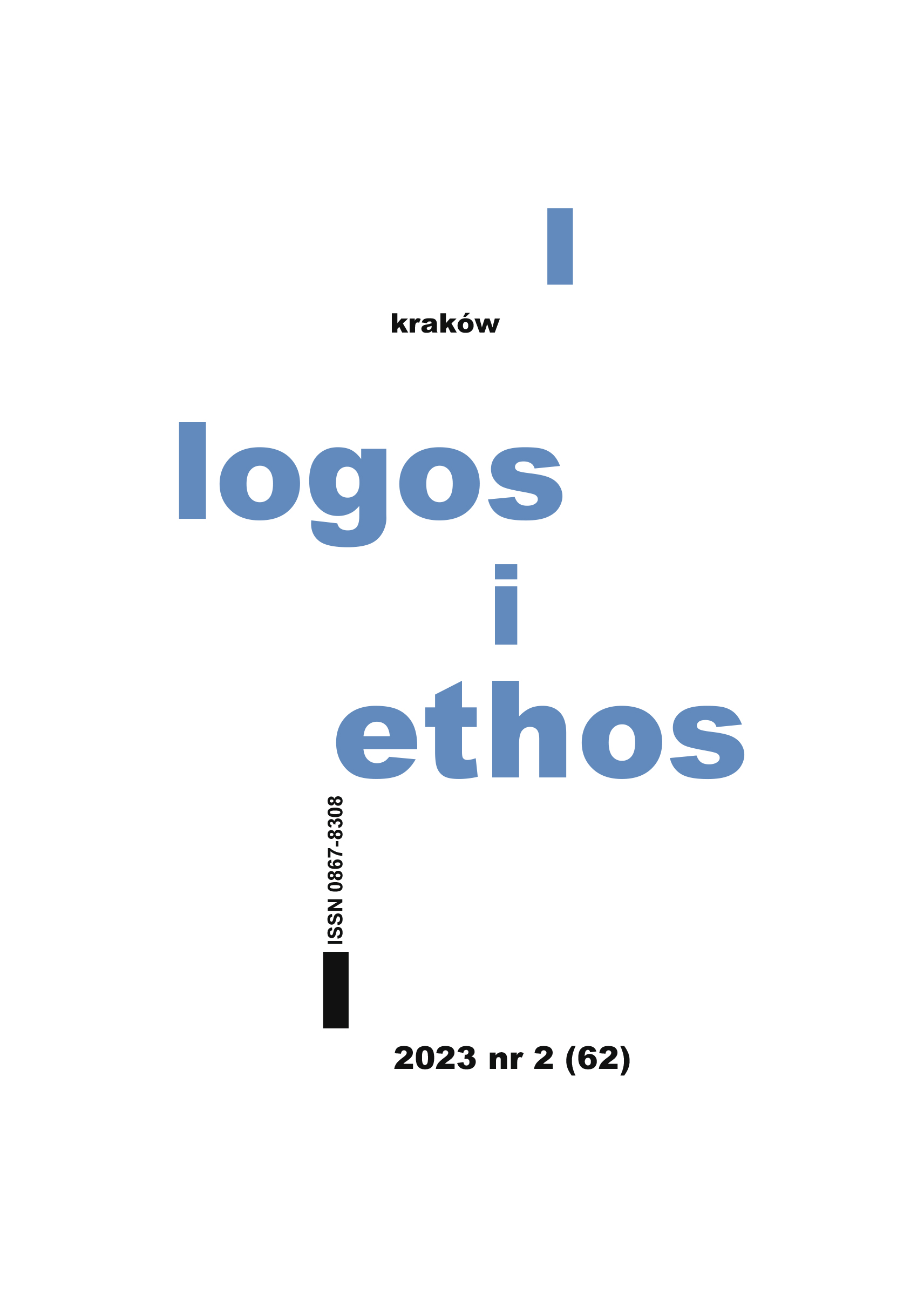An attempt at an evaluation of Philippa Foot’s conception of naturalistic virtue ethics
DOI:
https://doi.org/10.15633/lie.62205Keywords:
virtue, justice, morality, nature, metaethicsAbstract
In this article I present subsequent stages of the evolution of Ph. Foot’s conception. I point out that her concepts of morality, virtue and justice are detached from earlier visions of the world (ancient harmony, Christian divine order). At each stage of the evolution of her project, she is forced either to make arbitrary decisions or to make metaphysical assumptions. I emphasize that biological references in justifying the need for morality may be legitimate as long as we understand ethics as a practical science that aims to achieve practical goals (including the protection of the human species).
References
Anscombe E., Modern Moral Philosophy, “Philosophy” 1958 no. 33, p. 1–19.
Aristotle, Nicomachean ethics.
Foot P., Virtues and Vices and Other Essays in Moral Philosophy, Blackwell, Oxford 1978.
Foot P., Natural Goodness, Clarendon Press, Oxford 2001.
Foot P., Moral Dilemmas and Other Topics in Moral Philosophy, Clarendon Press, Oxford 2002.
Foot P., The Grammar of Goodness: an Interview with Philippa Foot, “Harvard Review of Philosophy” 11 (2003), p. 32–44.
Foot P., Theories of Ethics, Oxford University Press, Oxford 1967.
Downloads
Published
Issue
Section
License

This work is licensed under a Creative Commons Attribution 4.0 International License.
Authors who publish with this journal agree to the following terms:
- Authors retain the copyright and full publishing rights without restrictions, and grant the journal right of first publication with the work simultaneously licensed under a Creative Commons Attribution 4.0 International License that allows others to share the work with an acknowledgement of the work's authorship and initial publication in this journal.
- Authors are able to enter into separate, additional contractual arrangements for the non-exclusive distribution of the journal's published version of the work (e.g., post it to an institutional repository or publish it in a book), with an acknowledgement of its initial publication in this journal.
- Authors are permitted and encouraged to post their work online (e.g., in institutional repositories or on their website) prior to and during the submission process, as it can lead to productive exchanges, as well as earlier and greater citation of published work (See The Effect of Open Access).

